By Mosiqi Acharya
The Regional Occupations List (ROL) aimed at addressing the needs of regional Australia has 465 occupations ranging from primary school teacher to welfare worker and geologist to winemaker.
This new list of occupations is applicable for Subclass 187 visa, a permanent residence visa for skilled workers who want to work in regional Australia and is available under one of two streams: the Temporary Residence Transition (TRT) stream or the Direct Entry (DE) stream.
To be eligible for this visa, the applicant will need to be nominated by an Australian employer in regional Australia, be under 45 years of age and has to meet the skills, qualifications and English language requirements.
Applicants will also need to have prior work experience and may be requested to provide a positive skills assessment.
Registered migration agent Jitesh Chheda says the new requirement of work experience for RSMS visa might make it difficult for many international students who were earlier able to get employer-sponsored visas after completing their Vocational Education and Training (VET) certificate and diploma courses.
“Many international students were earlier able to apply for 187 visa while they worked as restaurant managers, store managers, in cafes or worked as Chefs and cooks in regional areas.
“Upon completion of their VET courses, they would find employment in regional area and transition to 187 visa. However, from March 2018, they need to prove their work experience to be eligible for RSMS visa under TRT stream. Not many international students have the required work experience. This new change may rule out employer sponsored visa for many international students who were earlier eligible for this visa,” Chheda says.
The Regional Occupations list is likely to be revised in July 2018 following a review by the Department of Jobs and Small Business, including a public consultation process.
CHECK OUT THE REGIONAL OCCUPATION LIST (ROL)
REGIONAL OCCUPATION LIST
FOR FULL STORY PLEASE CLICK HE LINK BELOW:
www.sbs.com.au/yourlanguage/hindi/en/article/2018/03/19/new-regional-occupation-list-introduced-rsms-187-visa

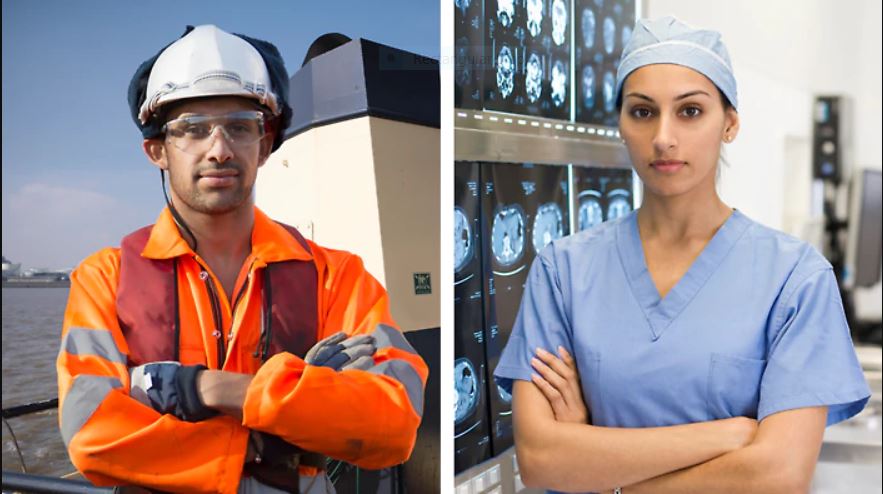
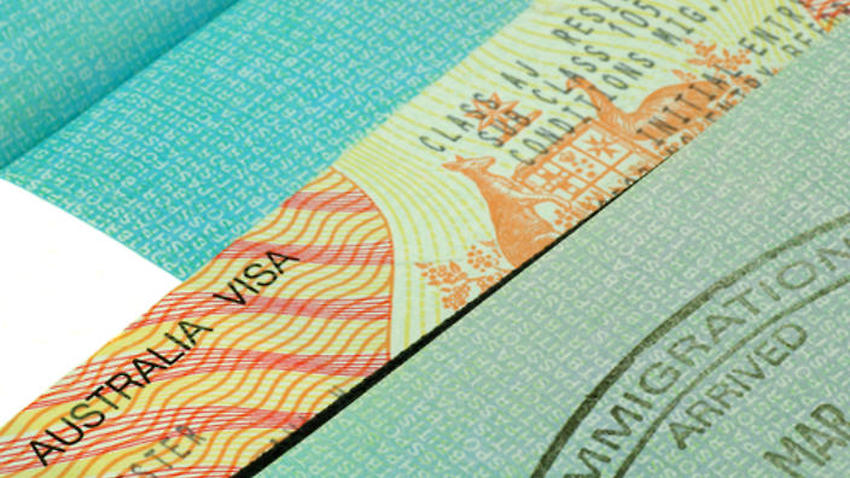
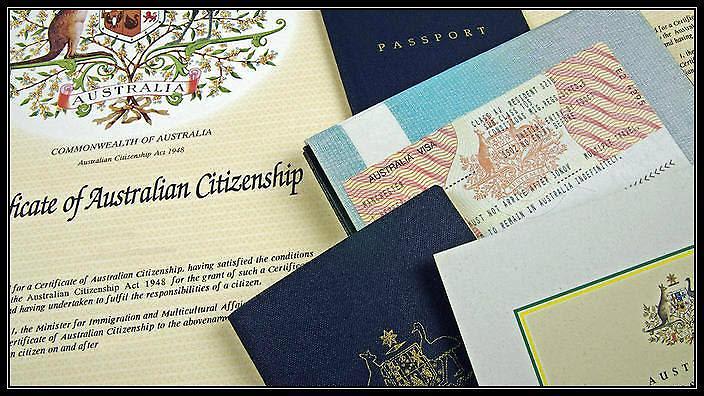
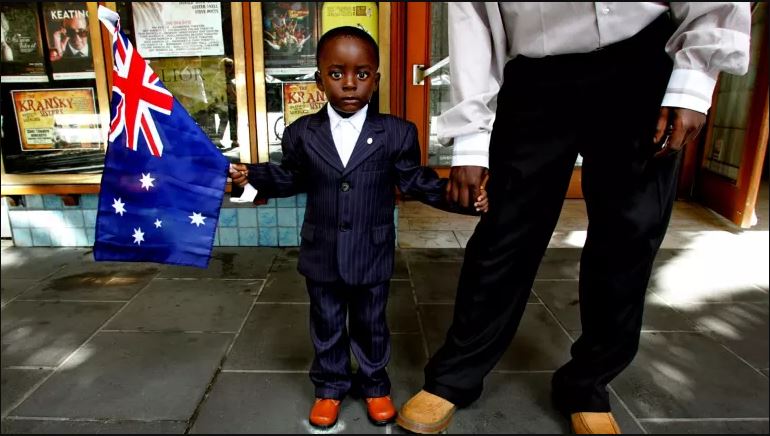
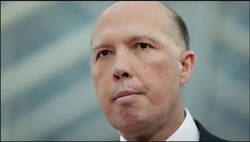
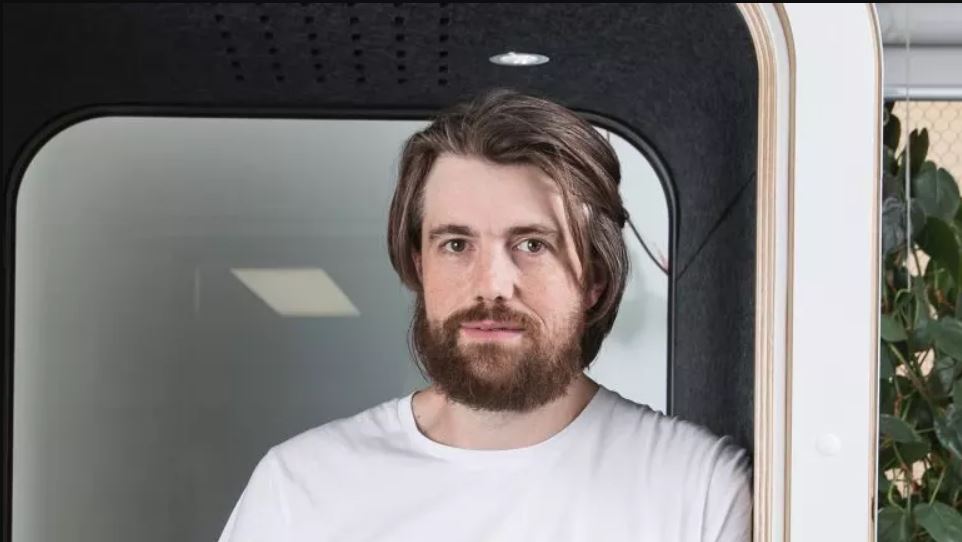
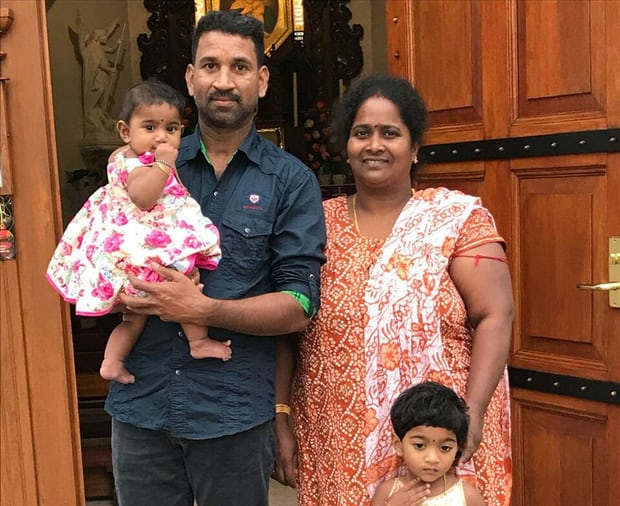
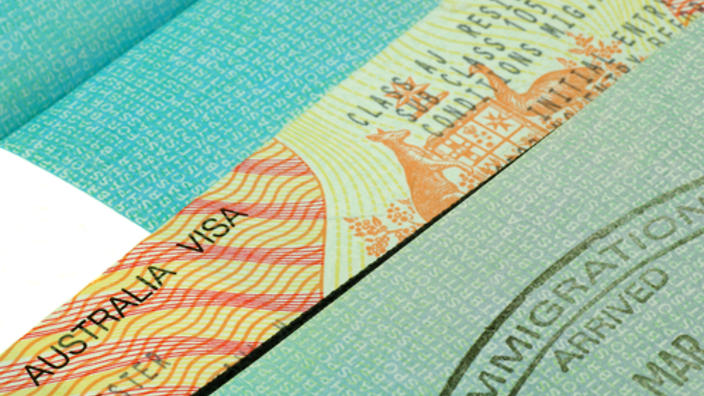
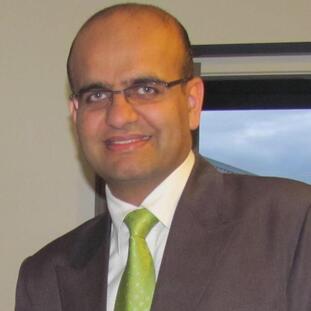
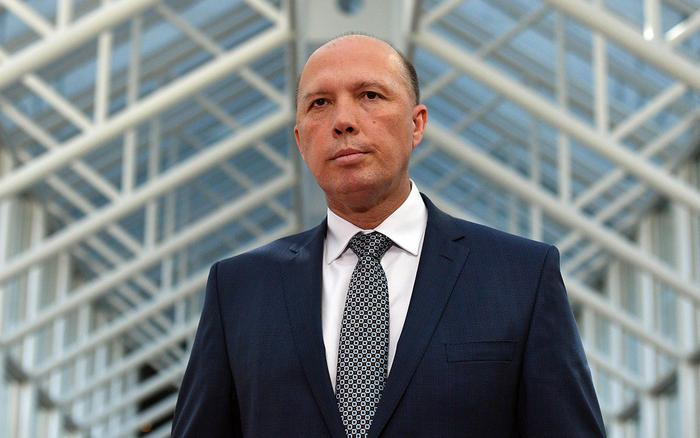
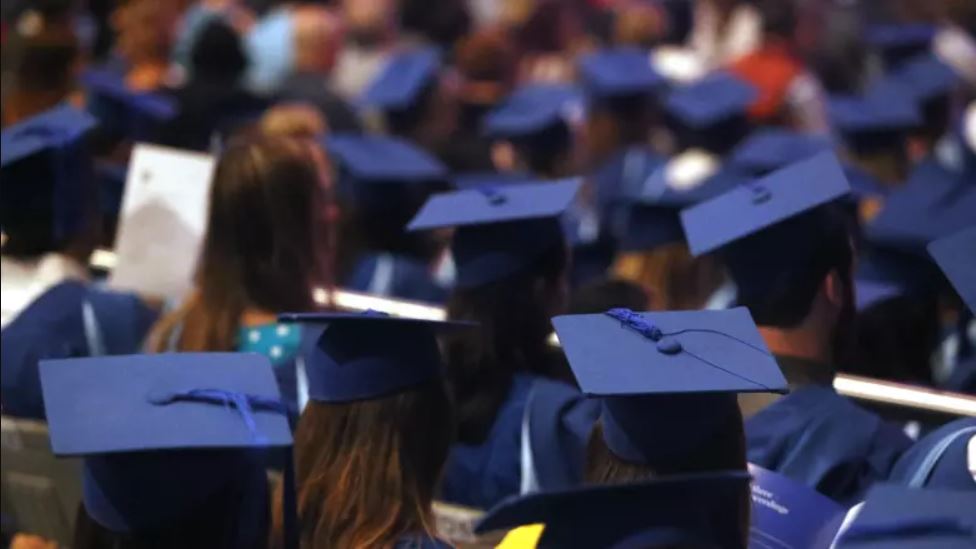
 RSS Feed
RSS Feed